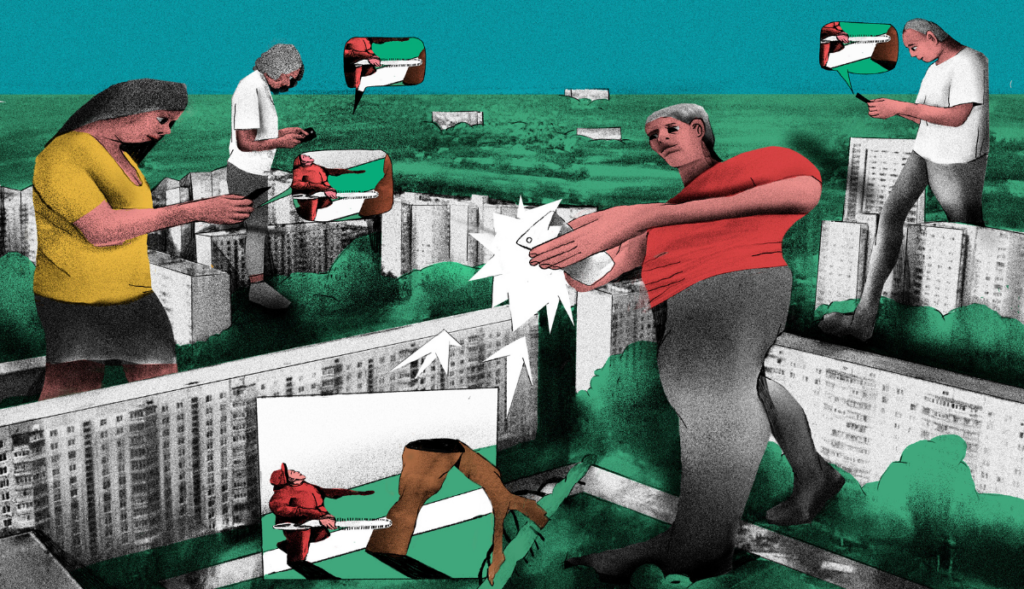
Results
This year, we successfully completed all the projects we planned. A lot of effort invested in building internal trust and establishing working processes helped us respond to challenges and find solutions to complex tasks.
Here are a few key numbers. In 2021, Cedos worked on 14 projects. Our project teams involved 16 people. Throughout the year, we published 10 research reports, 4 analytical briefs, 18 articles, 34 opinion pieces, and 28 episodes of 3 podcasts. In total, we organized 31 events (including 6 offline, 1 hybrid and 24 online events), with over 2,000 people registering to participate in them. Our Facebook, Instagram and Twitter pages, Telegram channels and mailing lists have a total of over 23,000 subscribers. In 2021, our social media publications reached more than 1.6 million people. We were mentioned in traditional media more than 500 times.
We are honored that our work was mentioned as an example in the books Anyone Can Write Analytics and Gender Equality and Non-Discrimination in Practice, published in 2021. The results of the study of the demand, supply and impact of analytical products in public policy, conducted by the Vox Populi agency for the Think Tank Development Initiative in Ukraine, show that the surveyed representatives of other think tanks mention Cedos among their colleagues whose work they consider to be professional and impactful in the field of analytics. The surveyed representatives of government bodies also mention Cedos on the list of think tanks which are visible in the media and the information field.
In 2021, the organization’s special focus was on openness. We worked a lot on partnerships and establishing cooperation, creating opportunities for engagement and association. We believe that developing networks and communities around social change is the most effective way of advocacy and ensuring sustainability of progress.
Our first priority was sharing experience. We summarized the developments of the first 10 years of Cedos’s work in our guidelines on Social Research for Social Transformation. In addition, we shared knowledge in practice through the three training research projects of the Cedos School, a series of free-of-charge consultations for NGOs and activists, as well as podcasts and articles.
Second, we worked on establishing new connections. Thanks to the spread of vaccination against COVID-19, it became possible to gradually resume offline events. Cedos co-organized the March for Kyiv and was able to draw attention to the problems of rental housing with a column at the March dedicated to this issue. The events of the Ukrainian Urban Forum took place offline in several cities at once. We are proud that most of the forum events were organized in partnership with other wonderful organizations, which turned it from an event organized solely by Cedos into an event created by the community for the community.
When our new website started working in full, it opened the possibility to conveniently donate to support the organization’s work. Every donation, even the smallest one, and every subscription for regular donations is of great value to us, as it brings Cedos closer to financial stability and organizational sustainability.
We thank everyone who donates to support our work! One of the key values of Cedos is our community: friends, colleagues, partners, consultants, respondents, readers, listeners, participants of events and projects, alumni and everyone who has been with us all this time. Without you, all these results would not be possible. Thank you for your trust!
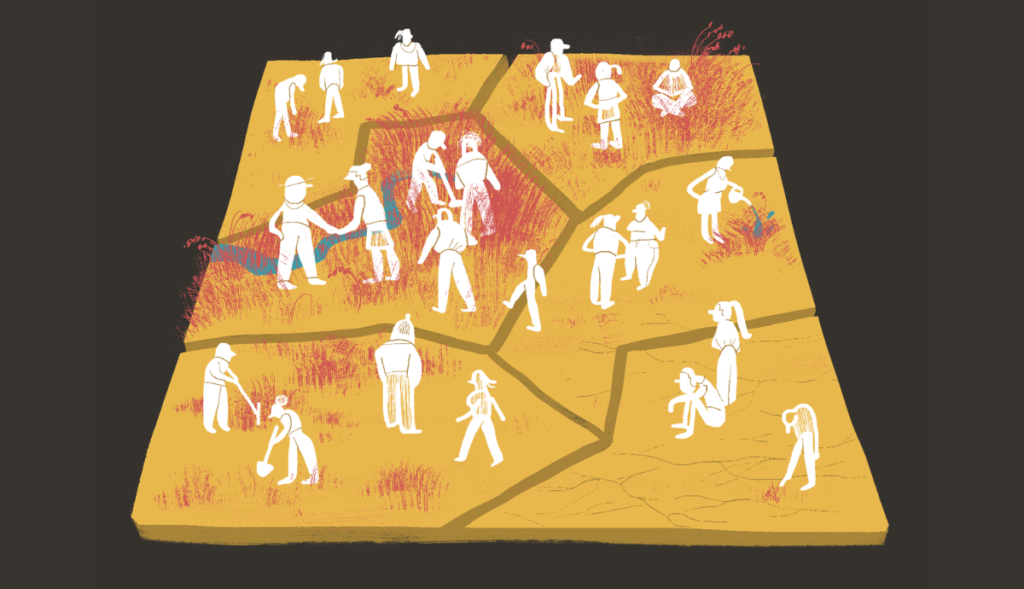
Mission
We believe that every person is entitled to a dignified standard of living. So the purpose of Cedos is to look for systemic causes of social problems and options for their solution.
Our approach is research-based. We study social processes and public policies, spread critical knowledge, promote progressive change, teach and strengthen the community of supporters of this change. We believe that this is a way to affect the discourse, discussion in society, as well as decision making. It changes public policies and improves people’s lives in the real world.The key subjects which Cedos works on today are education, migration, urban transformations, housing, employment, social security. In addition, our field of interest also includes the topics of democracy, security, climate change, and culture.
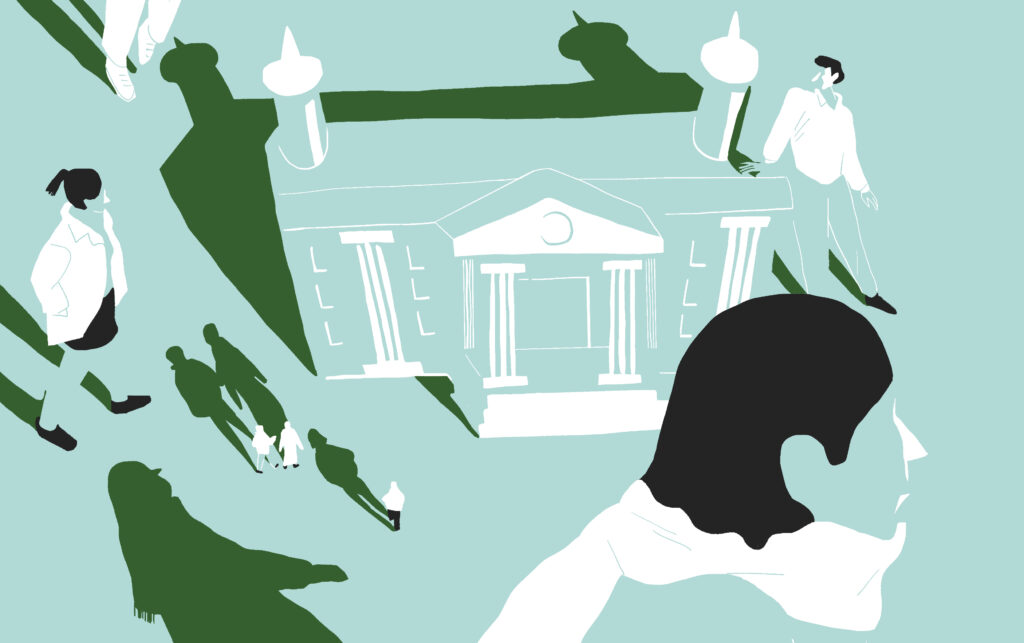
Research and analytics
Research and analytics are the foundation of Cedos’s work.
In 2021, we conducted a social study of the conditions of work in the field of culture and creative industries, combining quantitative and qualitative approaches at the field stage. We clarified the conditions of work among people employed in this field, their problems, needs and interests in professional development. Since no such studies had been conducted before, the results of this research are a unique source of data about the working conditions in this field. They will be useful both for the government and for civil society while developing policies and reforms for culture and creative industries. The characteristics of this field, based on both a major role of the state and the spread of new forms of employment, make the study’s findings relevant in the broader context of public labor policies in Ukraine.
Cedos conducted an analysis of policies regarding international students in Ukraine. Money paid by these students makes an important contribution to the income of many higher education institutions in Ukraine; however, government policies in the fields of migration, education and labor market are imperfect in this regard. This creates difficulties and risks both for international students themselves and for the universities they study at, as well as for the state in general. We analyzed these weak points, gave examples of how EU countries deal with these issues, and developed recommendations to improve policies in Ukraine.
In collaboration with our partners, we conducted an analysis of the limitations of departmental indicators and existing approaches to working with security data in Ukraine. The result was a description of the key problems of collecting and working with security information, and a list of recommendations on improving the existing policies and practices. Their implementation will help introduce evidence-based approaches to security policies. In turn, high-quality and reliable data will make it easier to create safe cities and communities.
Upon commission from our partners, Cedos experts also worked on the study of A Statistical Portrait of a Young Artist. Using quantitative and qualitative approaches, we collected data and described the socio-demographic characteristics, working conditions, professional development, problems and obstacles of the work of artists in Ukraine. The study problematized the term “young artist” and created the foundation for improving the approaches to working in this field.
We prepared analytical briefs on the impact of the COVID-19 pandemic on education in the 2020/2021 academic year, as well as on culture. The description and analysis of the key challenges caused by the pandemic and quarantine restrictions aimed to serve as the basis for a search for solutions to overcome the existing difficulties and restore education and culture after the stress caused by lockdowns and restrictions.
At the Cedos School, three groups of participants, mentored by our experts, worked on three training research projects dedicated to job orientation at schools, enrollment and integration of students from the occupied territories in Ukrainian higher education institutions, and urban issues faced by civil society in Ukrainian cities. The goal of the Cedos School was primarily training through practice and sharing our experience with the participants. At the same time, the findings of the training research were valuable as well: three of them were published (Students from the Temporarily Occupied Territories in Ukrainian Higher Education Institutions; Strategies, Goals, and Activities of Virtual Communities in the KTZ District in Kharkiv; Resident Engagement in Urban Space Planning through the Street for Everyone Project in Lviv).
We published an analytical brief on the state regional policy in Ukraine. It included an overview of approaches to regional policy, their changes in Ukraine, as well as their possible consequences and risks in the context of decentralization reforms. This analysis aims to enrich the discussion of the goals and values which state regional policy should have in Ukraine.
Upon our partners’ commission, we conducted a study of the implementation of the principles of democratic education in Ukrainian schools in order to assess the results and impact of education reforms in Ukraine.
In addition, our partners commissioned Cedos experts to conduct another round of the study of the interaction between the climate movement and government bodies, as well as a study of the opportunities for civil participation in taking stock of green areas in Kyiv. Their findings help civil coalitions, donors, and government bodies to evaluate the effectiveness of their work and improve planning of their further interaction and support.
We published an analysis of achievements, advantages and reservations of open data in Ukraine, conducted as a part one of our previous projects, which is our contribution to the discussion around this issue.Throughout the year, Cedos also analyzed and commented on relevant events, particularly changes in the funding of school meals in Kyiv, threats to the lives of homeless people during freezing weather, public transit restrictions during lockdown, signing the memorandum on completing Arcada’s residential complexes, cases of police brutality in Podil neighborhood in Kyiv, the idea of creating the Presidential University, the new Housing Code draft, the threat of demolition of the Flowers of Ukraine building, the replacement of the Minister of Foreign Affairs, community participation in the development of the new Kyiv Strategy, the agreement between the Ministry of Education and the Council of Churches, the housing referendum in Berlin, the proposal to raise public transit fees in Kyiv, the threat of development in the Osokorky Ecopark in Kyiv.
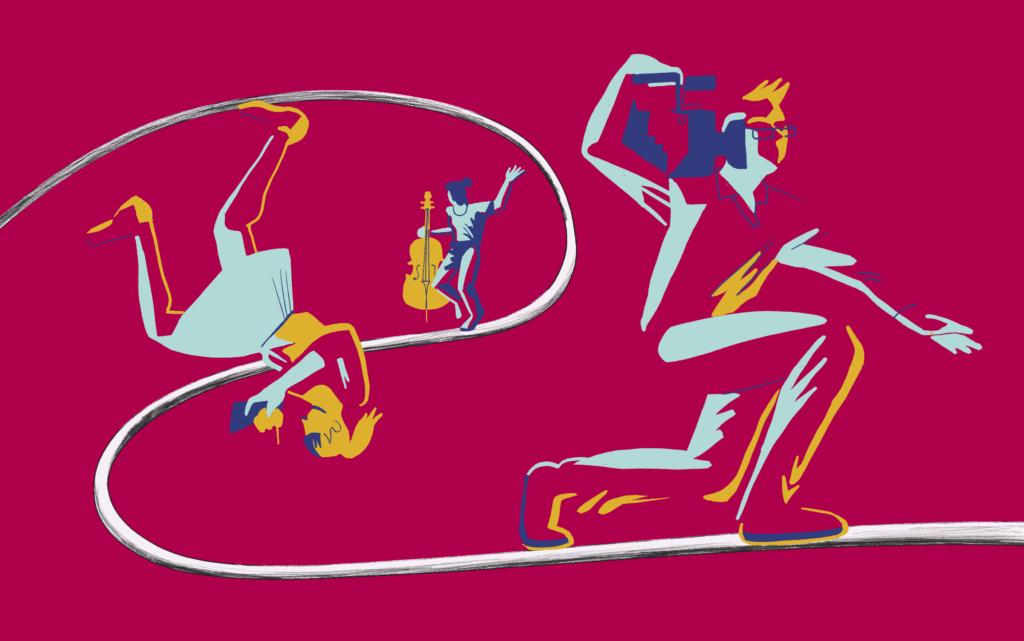
Community of change
Along with research and analysis, Cedos’s mission is also to spread knowledge, make the socio-political discussion richer, and empower social movements, the state, the media, and expert circles.
We do not just publish research and analytical briefs, we also send them to the responsible government bodies, organize public presentations and discussions, share them on various social media, and publish brief conclusions in traditional media.
In 2021, Cedos was one of the co-organizers of the March for Kyiv, which brought together forty different urban initiatives. The result was not only the March on October 2, with around 7,000 participants, but also the creation of the Green Book with a list of demands in various spheres of urban development. The purpose of our participation in the March was to defend the values of fair, well-founded and socially oriented urban development. Cedos organized a column of tenants and proposed demands in the sphere of housing and housing policy.
As a part of the Cedos School, we invited three groups of interested people to learn how to conduct social research through practice. With their three training research projects, they were led by Cedos experts along the path from determining the research question to writing a report and presenting the findings. In addition, we held a series of workshops on different aspects of research. Our experts gave 27 free consultations to NGOs and civil initiatives on how to do research and analysis. We summarized the 10 years of Cedos’s experience in our guidelines on doing social research for social transformation. In addition, we prepared 4 short articles on research in the civil sector. With this work, we wanted to share our own experience and help civil society to use research and analysis in their work in a better way, more often, and with more confidence.
In July, we also held a conference on research, communication and advocacy in the civil sector. For two days, 19 NGOs and civil initiatives shared their experience, the successes and difficulties they had faced. Research, analysis and think tank work were also the topics of the first season of Think Tank, a six-episode podcast we published in 2021.
Cedos also published the podcast titled Culture Work. It had a total of 13 episodes dedicated to various aspects of employment in culture and creative industries. The project helped us draw attention to the subject and create a space for a safe discussion of various difficulties.
The Ukrainian Urban Forum was organized in 2021 for the fourth time. Due to the COVID-19 pandemic restrictions, we were not able to hold it in the usual form; instead, the forum took place in a mixed format, combining both offline events in different cities and online conversations. The forum’s theme, After Tomorrow, was an invitation to think and discuss the concept of the right to the city and its implementation in the future, as well as the transformations of Ukrainian cities and the consequences of these changes. The forum featured 5 online lectures and discussions dedicated to the issues of housing, gentrification, mobility, education and academia, culture and leisure. We organized international networking, an exhibition on closures of spaces and the precarity of labor in culture, and three walks: on foot in Lviv and Kyiv, and by bike in Ivano-Frankivsk.
The second season of The Market Will Solve It? podcast also came out. In its 9 episodes, the hosts discussed various aspects of urban issues, talking about them with guests from different fields of interaction with cities.
The goal of the Ukrainian Urban Forum is to share knowledge and experience, and to create networking opportunities for people who work with the issues of urban transformation in Ukraine. In addition to the forum, we also support several other platforms for dialogue, sharing experience and spreading knowledge in this field. Mistosite, the online journal of the Ukrainian Urban Platform, published 14 articles, 4 book fragments, and 15 summaries of podcasts and events in 2021. The website’s annual audience grew to over 85,000 users. The membership of the Urbanism UA Facebook group, created and moderated by Cedos, grew to over 3,400 participants within a year.
Together with our partners, we conducted a series of international discussions on local development. They were dedicated to the connection between local development and regional policy; the role of universities in local development; the impact of domestic migration on cities in Ukraine. There was also networking and two masterclasses on digital activism and fundraising in the civil sector. These events helped participants from Ukraine, Germany, Poland, France, Belarus and other countries to make connections and share their thoughts, as well as to raise important questions and start a discussion in search of answers to them.
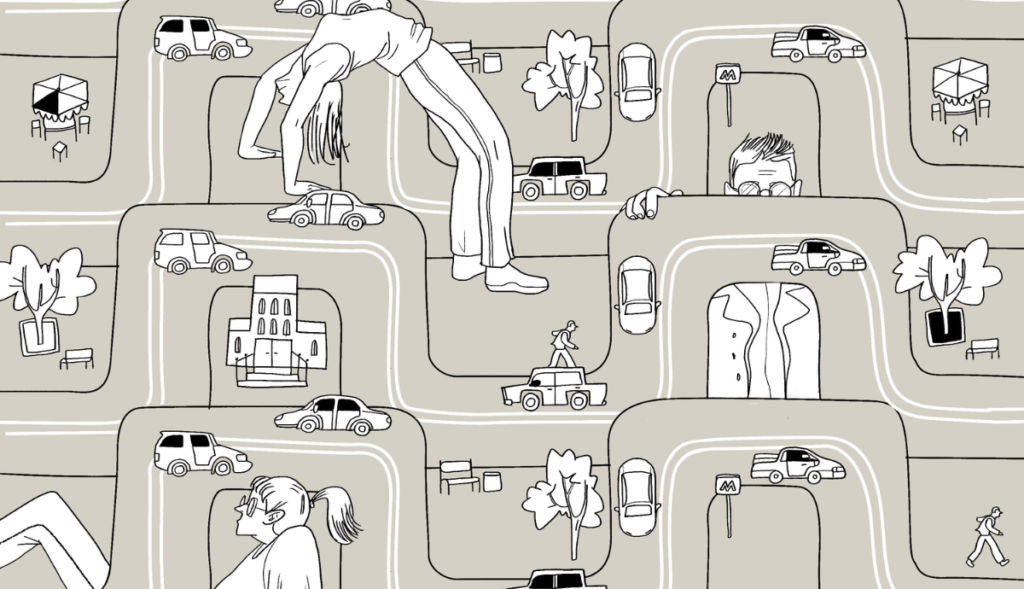
Acknowledgements
In 2021, the Cedos team included: Anastasiia Bobrova, Anastasiia Ivashyna, Alyona Vyshnytska, Elena Syrbu, Iryna Bezvershenko, Ivan Verbytskyi, Kateryna Babych, Liliana Filipchuk, Mariia Kudelia, Natalia Lomonosova, Oleksandra Slobodian, Pavlo Fedoriv, Tetiana Zheriobkina, Valeriia Lazarenko, Vita Shnaider, Yelyzaveta Khassai, Yuliia Kabanets, Yulia Nazarenko.
Our partners, donors and clients in 2021:
- Black Sea Trust for Regional Cooperation and the European Union;
- BUT System Solutions Bureau and VONO newspaper;
- Center for Educational Initiatives, the Schools for Democracy program, implemented by the European Wergeland Center with support from the Norwegian Ministry of Foreign Affairs;
- Center for Urban Studies;
- Ecodiya;
- European University Viadrina, the Ukraine Calling: Cross-Sectoral Capacity Building project with support from the Federal Ministry of Foreign Affairs of Germany;
- Heinrich Böll Stiftung, Kyiv Office;
- Info Sapiens;
- International Renaissance Foundation: the Think Tank Development Initiative in partnership with the Open Society Initiative for Europe and with financial support from the Embassy of Sweden in Ukraine; as well as the Humanity and Mutual Assistance humanitarian initiative with support from the European Union;
- ISAR Ednannia, the EU Project for Civil Society Development in Ukraine with support from the European Union;
- Kingdom of the Netherlands, the MATRA program;
- March for Kyiv;
- MetaLab;
- Minsk Urban Platform;
- Prague Civil Society Center;
- Pro.Svit Center for Innovative Education;
- Reform Support Office of the Ministry of Community and Territorial Development of Ukraine;
- State Service of Ukraine for Ethnopolitics and Freedom of Conscience;
- Ukrainian Center for Law and Crime Research;
- Ukrainian Cultural Foundation;
- Ukrainian Ecological Club “Green Wave”;
- Ukrainian Women Lawyers Association “JurFem”;
- United Nations Development Program in Ukraine, Accelerator Labs in partnership with Plato;
- 39.9gallery.
Thank you for your cooperation and support!
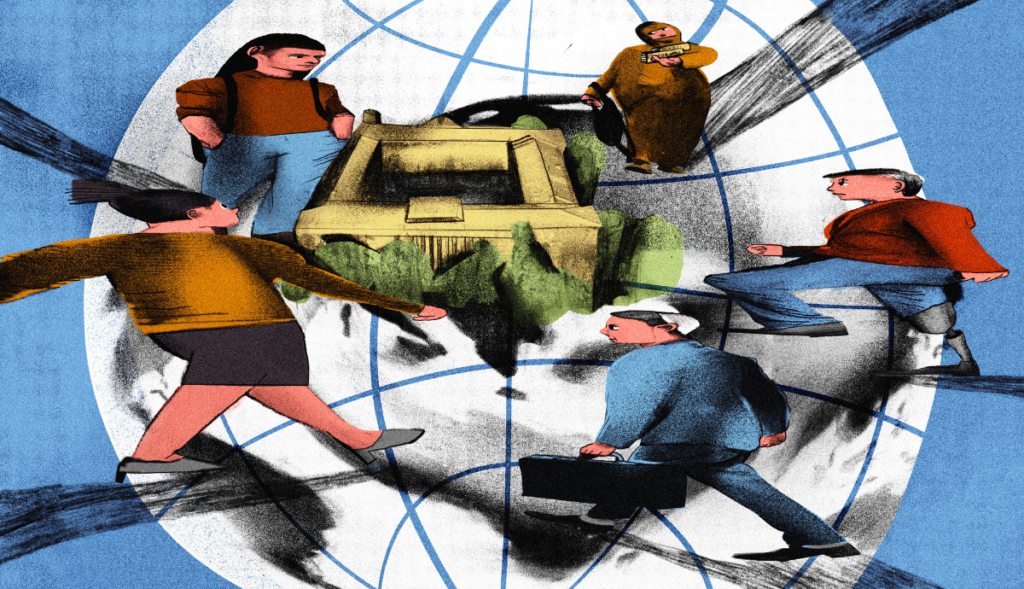
Finances
| Project Title | Donor or purchaser | Beginning date | End date | Total budget (USD) | Spent in 2021 (USD) | Received in 2021 (USD) | |
| 1 | Accountability of law enforcement: audit of the state system of data collection on safety in Ukraine | International Renaissance Foundation and European Union | 01/12/2020 | 30/05/2021 | 8 847 | 8 281 | – |
| 2 | Joint research with public authorities on foreign students in Ukraine | International Renaissance Foundation and Embassy of Sweden in Ukraine | 01/06/2021 | 30/11/2021 | 6 000 | 6 000 | 6 000 |
| 3 | Strengthening civil society organisations to keep reforms in Ukraine on track | Kingdom of the Netherlands | 01/08/2019 | 01/08/2021 | 82 891 | 55 107 | 8 290 |
| 4 | Ukrainian Urban Forum 2021 ‘The Day After Tomorrow’ | Heinrich Boell Stiftung | 22/03/2021 | 22/09/2021 | 15 860 | 15 860 | 15 860 |
| 5 | Research of working conditions in the field of culture and creative industries | Ukrainian Cultural Foundation | 11/06/2021 | 30/10/2021 | 35 969 | 35 969 | 35 969 |
| 6 | Cultural Work Podcast | Ukrainian Cultural Foundation | 17/06/2021 | 31/12/2021 | 21 188 | 21 188 | 21 188 |
| 7 | Monitoring of human rights during COVID-19 outbreak | United Nations Development Program and Ministry of Foreign Affairs of Denmark | 07/05/2020 | 30/11/2020 | 4 620 | – | 459 |
| 8 | Ukraine Calling. Cross-Sectoral Capacity Building | European University Viadrina and Federal Ministry of Foreign Affairs of Germany | 01/12/2020 | 31/12/2021 | 51 324 | 25 237 | 25 237 |
| 9 | Responding to COVID-19 Challenges in Employment, Education and Culture: Analysis and Advocacy | ISAR Ednannia and European Union | 14/05/2021 | 14/02/2022 | 15 854 | 11 314 | 15 854 |
| 10 | Conducting the qualitative sociological research in the field of secondary education | Center for Educational Initiatives, European Wergeland Centre and Norwegian Ministry of Foreign Affairs | 31/03/2021 | 31/10/2021 | 18 653 | 15 334 | 18 653 |
| 11 | Alternative public policies on housing to mitigate economic and social effects of crises | Black Sea Trust for Regional Cooperation and European Union | 01/11/2021 | 01/11/2022 | 29 108 | 2 796 | 20 375 |
| 12 | Charitable contributions of individuals | 23/04/2021 | 31/12/2021 | – | – | 274 | |
| Total | 197 086 | 168 159 |




